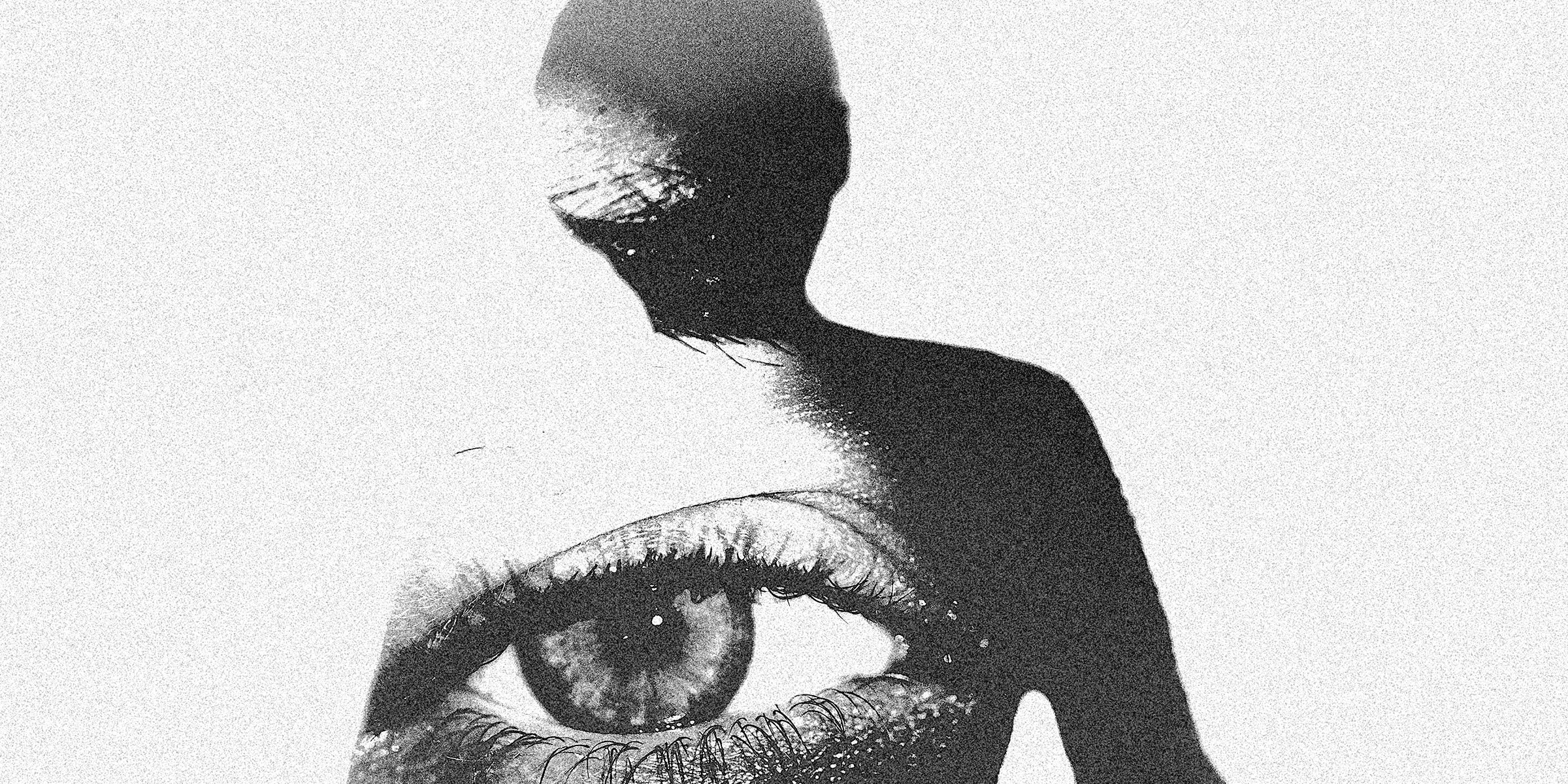
Several years ago, when I was in my mid-20s, after suffering from major depressive disorder and anxiety for most of my life, I found myself at the emergency room during an episode of substance-induced psychosis. My father and stepmother found me, at the very beginning of the episode, having paranoid delusions. Someone had tried to poison me and now they were coming, I told them. “Do not answer the door.”
Somehow, I listened when they said I needed to see a doctor. “We’ll be with you the whole time,” my father said. At the hospital, after checking my vitals and asking me to describe what was wrong, the triage nurse talked to my father. He explained my history with depression, my mother’s schizophrenia. I was given an emergency bed.
A psychiatrist—a tall, middle-aged blind man—approached with his guide dog. He asked questions while my father and stepmother watched, worried, nervous. “When was the last time you slept? Do you ever feel disconnected from yourself, or from reality? Do you hear voices?”
“I’m not crazy,” I insisted. I was afraid I was going to be hospitalized, or medicated against my will, which had happened to my mother many times.
The doctor reassured me. “Everyone here wants the best for you. Right now, we’re just trying to understand.” I glared at him, then at my father, who looked miserable, tears welling. My stepmother took my hand, and there was such kindness in her eyes that in that moment she seemed like an angel.
And suddenly it clicked.
Read the full story here
More Must-Reads from TIME
- Why Trump’s Message Worked on Latino Men
- What Trump’s Win Could Mean for Housing
- The 100 Must-Read Books of 2024
- Sleep Doctors Share the 1 Tip That’s Changed Their Lives
- Column: Let’s Bring Back Romance
- What It’s Like to Have Long COVID As a Kid
- FX’s Say Nothing Is the Must-Watch Political Thriller of 2024
- Merle Bombardieri Is Helping People Make the Baby Decision
Contact us at letters@time.com